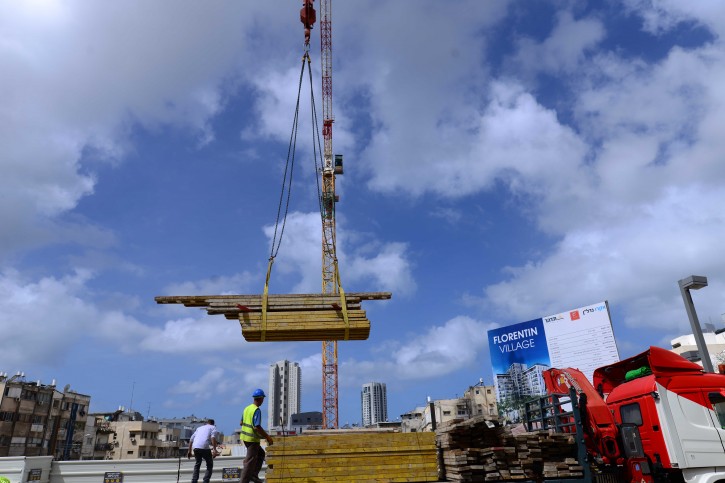
Tel Aviv – The nation’s commercial and cultural hub is the ninth most expensive city in the world, according to the Economist’s Intelligence Unit annual report.
Just five years ago, the city was ranked the 34th most expensive globally.
The 2018 Worldwide Cost of Living Survey published on Thursday found that the shekel’s appreciation had driven up consumer costs across the board, from food and drink to rent, utilities and schooling.
The cost of buying, insuring and maintain a car in Tel Aviv was highlighted. Car ownership costs 79% more than New York prices, despite Israelis earning less than half the average American income.
The tech hub is the most expensive in the Middle East. Singapore was the priciest city worldwide, followed by Paris, Zurich, Hong Kong and Oslo.
Tel Aviv is also the second priciest city for buying alcohol worldwide.
A bottle of table wine costs on average $28.77 in Tel Aviv, more than any other city in the world. Ten years ago, it cost $16.46.
And an average loaf of bread costs $5.10 in Tel Aviv. Five and ten years ago, the same loaf cost $4.44 and $2.98.
Tel Avivians also face rising prices for a pack of 20 cigarettes, which costs $9.03 on average, almost double the cost of 10 years ago. And one liter of gasoline goes for $1.68 on average, cheaper than the price five years ago of $2.03.
The news is no surprise to many residents, who took to the streets en masse in 2011 to protest against the rising cost-of-living.
Non-euro area cities tended to be the most expensive in Western Europe.
Asia accounted for four out of the 10 most expensive cities in the ranking.
New York is ranked the 13th most expensive city, with Los Angeles the 14th. Both cities fell in the rankings, partially due to the weakening of the US dollar against other currencies. The study uses New York as the benchmark city.
The two least expensive cities in the world are those gripped by political instability and civil war, specifically Damascus, Syria, and Caracas, Venezuela.
Currency devaluations and deflation can often change the rankings, as prices are converted into dollars using the prevailing exchange rate and then weighted.
As reported by Vos Iz Neias
